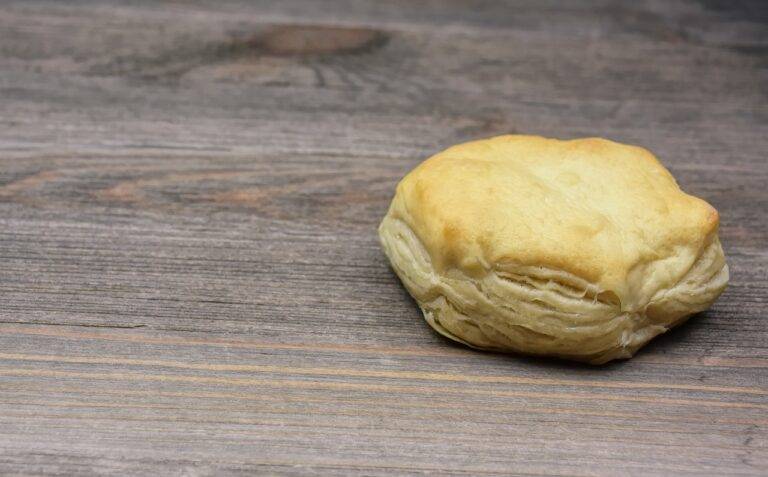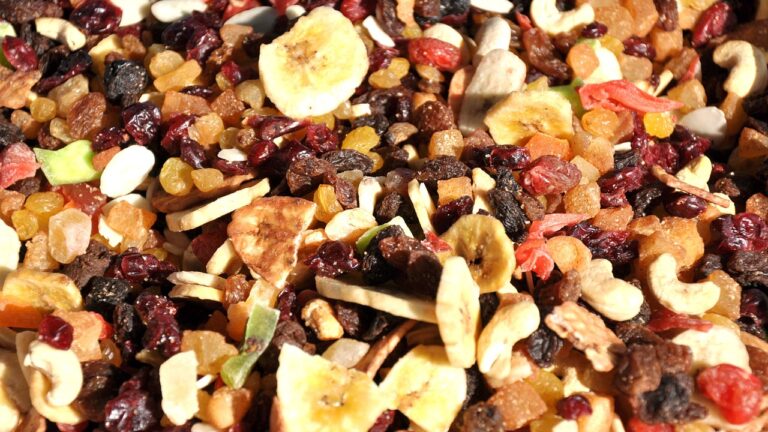The Role of Copper Stills in Distillation: Tradition and Innovation
betbook250 com login, reddyanna247, play lotus365.com login:Distillation is a process that has been used for centuries to separate and purify liquids. Whether it’s producing fine spirits like whiskey and vodka or essential oils for aromatherapy, distillation plays a crucial role. In this article, we will explore the role of copper stills in distillation, combining tradition and innovation to create high-quality products.
The History of Copper Stills
Copper has been used in distillation for centuries due to its ability to conduct heat efficiently and its natural antimicrobial properties. The use of copper stills can be traced back to ancient civilizations such as the Egyptians and Babylonians. Throughout history, copper has been the material of choice for distillation equipment due to its effectiveness in removing impurities and creating a smooth, clean final product.
Traditional vs. Modern Methods
While the principles of distillation remain the same, advancements in technology have led to the development of more efficient distillation methods. Traditional pot stills are still widely used in the production of spirits like whiskey and brandy. These pot stills are made of copper and are known for producing complex and flavorful spirits.
On the other hand, modern column stills are made of stainless steel and are designed for efficiency and consistency. These stills allow for continuous distillation, resulting in a higher-proof alcohol with a cleaner taste. While some purists argue that copper stills produce a superior product, column stills have become popular in the commercial production of spirits due to their cost-effectiveness and speed.
The Role of Copper Stills
Copper stills play a vital role in the distillation process, regardless of whether they are traditional pot stills or modern column stills. Copper has unique properties that make it ideal for use in distillation equipment. When alcohol vapor comes into contact with copper, sulfur compounds and other impurities are removed, resulting in a smoother and more refined final product. Additionally, copper interacts with the alcohol at a molecular level, creating complex flavors and aromas.
Innovation in Distillation
As technology continues to evolve, distillers are finding new ways to improve the distillation process. One such innovation is the use of hybrid stills, which combine the best aspects of traditional pot stills and modern column stills. These stills allow distillers to create unique and high-quality spirits while maximizing efficiency.
Another innovation in distillation is the use of computer-controlled stills, which allow for precise control over the distillation process. By monitoring factors such as temperature and pressure, distillers can create consistent and high-quality products with minimal human intervention.
FAQs
Q: Are copper stills better than stainless steel stills?
A: Copper stills are traditionally preferred for their ability to remove impurities and create complex flavors, but stainless steel stills are also widely used for their efficiency and consistency.
Q: How long does it take to distill a batch of spirits?
A: The time it takes to distill a batch of spirits varies depending on the type of still and the desired final product. Traditional pot stills may take several hours, while modern column stills can produce alcohol in a matter of minutes.
Q: Can I use a copper still at home?
A: While it is legal to own a copper still for personal use in many countries, it is important to check the laws and regulations in your area before using a still for distillation. Additionally, proper training and safety precautions should be taken when using a still at home.
In conclusion, copper stills play a crucial role in the distillation process, combining tradition and innovation to create high-quality spirits and essential oils. Whether it’s the classic pot still or the modern column still, copper continues to be the material of choice for distillation equipment due to its unique properties and ability to enhance the final product. As technology advances, distillers will continue to find new ways to improve the distillation process and create innovative and unique products.







